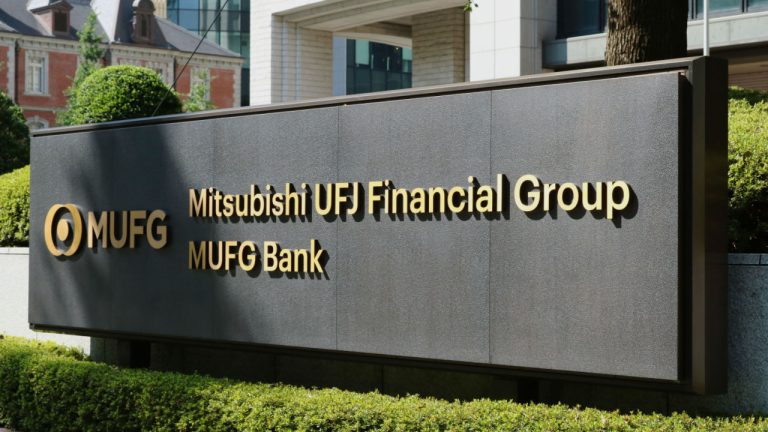
Mitsubishi UFJ Financial Group (MUFG), the largest bank in Japan, announced its plans to deploy and distribute bank-backed stablecoins on different public blockchains. The Japanese bank has partnered with Datachain, a blockchain interoperability company, and Toki, a cross-chain bridge, to allow the interoperation of these licensed stablecoins along several blockchains using its Progmat Coin protocol.
MUFG Presents Technical Partnership for the Issuance of Stablecoins
MUFG has announced that it plans to deploy stablecoins on top of public blockchains. The bank, which held $776 billion in assets under management (AUM) by 2020, is partnering with Datachain, a blockchain interoperability company, and Toki, a cross-chain bridge.
The announcement of MUFG comes after the revised funds’ settlement law passed in 2022 came to take effect on Thursday to allow financial institutions to issue stablecoins. MUFG will use its in-house developer “Progmat Coin” platform for this. Progmat Coin is a protocol intended to facilitate the settlements of security-based products with extended capabilities to manage cryptocurrency and embedded finance use cases.
To further facilitate the transactions made with these stable assets, the bank will use the services of Toki, a startup that recently came out of stealth mode. Toki will allow transactions of these assets between public blockchains, including Ethereum, Cosmos, Avalanche, and Polygon.
Among the use cases considered are cross-chain swaps, allowing for the exchange of assets among different chains, cross-chain payments, and cross-chain lending, allowing the user to leverage several lending protocols in some of the mentioned blockchains.
MUFG partnered with Coinbase to launch financial services in the country in 2021.
Stablecoin Demand Expected to Grow in Japan
The lifting of a foreign bank-issued stablecoin ban last December opens a market expected to have institutional demand. Much of this demand might come from institutions that could see the appeal of missing payments outside of the banking sector due to the fees collected, while individuals can transact up to $715 free of charge.
Using these stablecoin-based payment rails will allow institutions to sidestep the banking system and get faster settlements by paying wire fees expected to be cheaper than the fees charged by traditional companies.
Not only MUFG is jumping to get a part of this new market. Other Japanese banks have also announced stablecoin initiatives. Minha Bank, a digital bank, partnered with Tokyo Kiraboshi Financial Group and Shikoku Bank to launch their stablecoin using G.U. Technologies’ platform.
What do you think about MUFG issuing stablecoins in its in-house developed “Progmat Coin” platform? Tell us in the comments section below.















